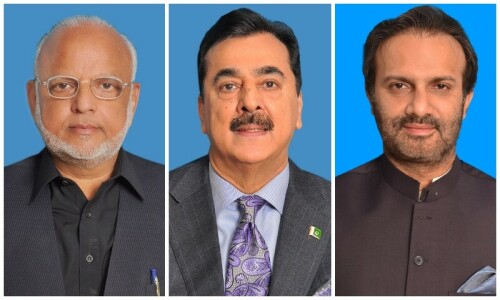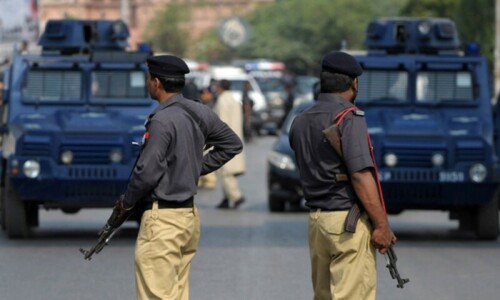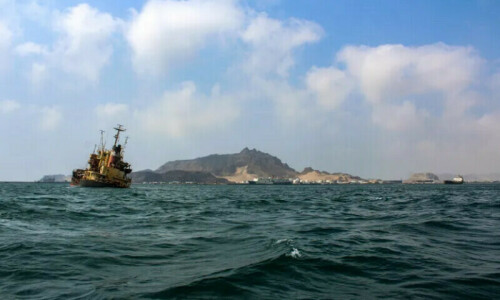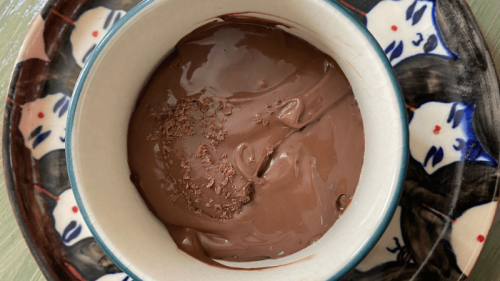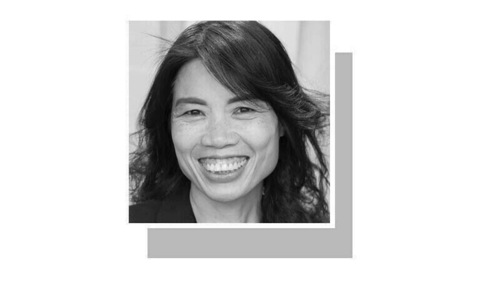
IF only we, as a nation, had adopted Quaid-i-Azam Mohammad Ali Jinnah’s legacy, the country would not have been where it happens to be currently. We would never have suffered the humiliation of surrender in 1971, nor would we have ventured and got involved in proxy wars and become hostage to extremism and terrorism. The economy would not have been in tatters.
Jinnah wanted a modern democratic welfare state, where the Muslims could live in peace and harmony with members of other faiths or creeds, all enjoying equal rights as citizens of a sovereign state.
In Jinnah’s Pakistan there was no space for dictatorship, nor any concept of extremism, nor any role for the clergy, or paid public office holders, to decide the affairs of the state. What happened in Jaranwala recently could never have occurred if we had adopted his vision of a vibrant modern democratic welfare state, which would have invested in human resource development, with no tolerance for extremism. The kind of extremists who were involved in Jaranwala vandalism would never have existed in the first instance, and, if they did, the state would have dealt with them with an iron hand. We must never forget that Jinnah’s choice of Pakistan’s first law minister was Jogendra Nath Mandal, a Hindu Dalit leader.
Jinnah’s Pakistan would never have forfeited state sovereignty by giving the Badaber airbase from where American reconnaissance flights were to fly over Soviet airspace, nor would this country have got involved in superpower rivalry duringthe Cold War days. Pakistan would not have got involved in Afghan proxy wars and given sanctuary to foreign militants and mercenaries. In Jinnah’s Pakistan there would have been no dictator, and, hence, no ‘manufactured’ political midget.
Pakistan would have functioned as a modern state, investing in education, health and provision of basic necessities of life to its citizens. People would have been living in peace, free from the scourge of terrorism that it faces today.
On Jan 24, 1945, in an interview to London-based News Chronicle, Jinnah stated that the demand for Pakistan was “not a territorial demand, but a Muslim national demand”, and that the “Hindu society is so caste-ridden
that democracy is completely foreign and opposed to their basic and fundamental principles and structure of their society”.
Modi’s India has proven that Jinnah’s apprehension was based on solid grounds.
Malik Tariq Ali
Lahore
Published in Dawn, September 14th, 2023
















